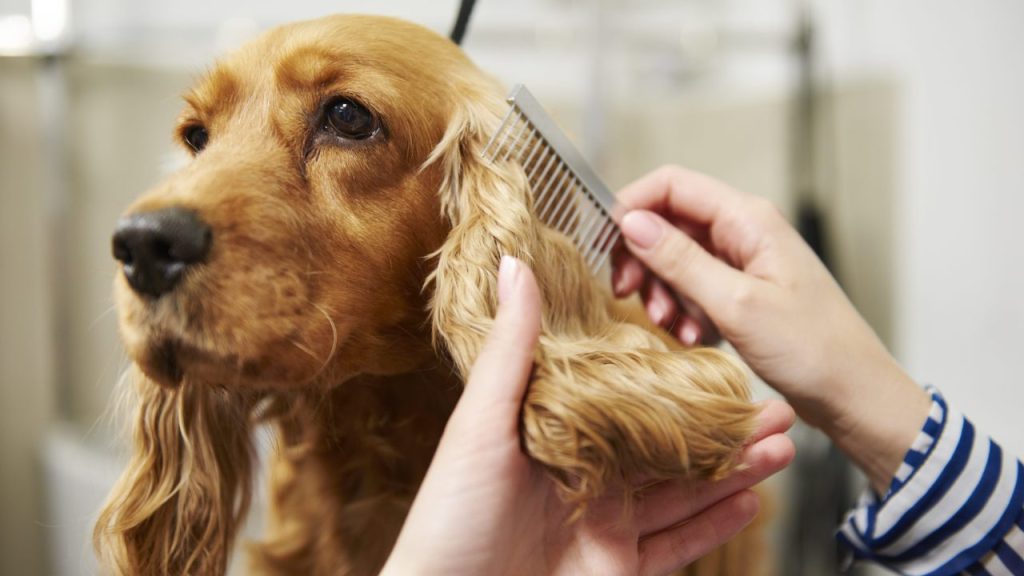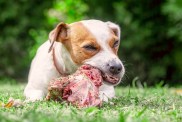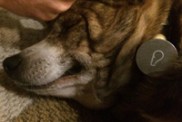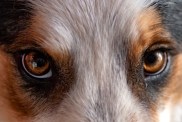All dogs require some routine grooming, such as regular brushing and bathing. But, some dogs have unique coats with special requirements that make grooming more important. Here are some dog breeds with high grooming needs, and what makes their coats special.
Why do some dog breeds have higher grooming needs than others?
Every breed has









